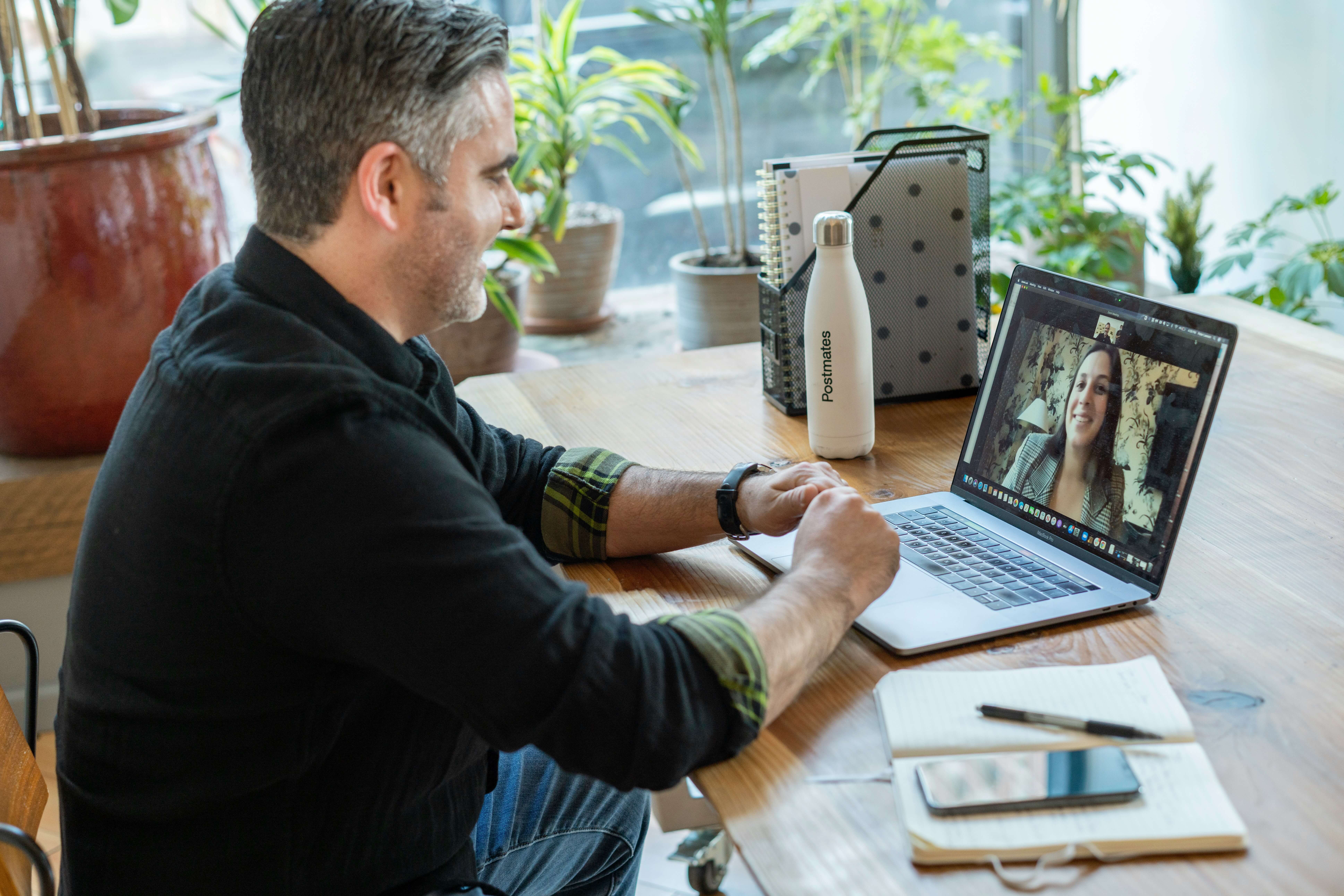Building trust and rapport is fundamental to developing meaningful relationships, whether in personal interactions or professional settings. Trust serves as the foundation upon which rapport is built, leading to smoother communication and enhanced collaboration. This article considers effective strategies for establishing and maintaining trust and rapport.
Understanding Trust and Rapport
Trust is the belief in the reliability, integrity, and competence of a person or entity. It forms the basis of any meaningful relationship, enabling individuals to feel safe and valued. Without trust, interactions can become superficial and strained.
Rapport is a harmonious relationship characterised by mutual understanding, empathy, and respect. It involves being “in sync” with another person, leading to smooth and effective communication. Rapport often manifests through shared interests, mirroring body language, and active listening.
The Importance of Building Trust and Rapport
Establishing trust and rapport is crucial for several reasons:
- Enhanced Communication: Trusting relationships encourage open and honest dialogue, reducing misunderstandings and improving clarity.
- Improved Collaboration: Teams with strong rapport work more cohesively, leading to increased productivity and innovation.
- Conflict Resolution: Trust facilitates the resolution of disagreements amicably, as parties are more likely to understand and respect each other’s perspectives.
- Personal Satisfaction: Meaningful relationships contribute to overall well-being and satisfaction, both personally and professionally.
Strategies for Building Trust and Rapport
1. Demonstrate Reliability
Consistency in actions and words builds trust. By delivering on promises and meeting expectations, individuals signal dependability. This reliability is foundational in both personal and professional relationships.
2. Practice Active Listening
Active listening involves fully engaging with the speaker, understanding their message, and responding thoughtfully. This practice shows respect and appreciation, strengthening the bond between individuals.
3. Find Common Ground
Identifying shared interests or experiences can bridge gaps and foster a sense of camaraderie. This commonality serves as a foundation for deeper connections and mutual understanding.
4. Show Empathy and Respect
Understanding and valuing others’ feelings and perspectives is crucial. Empathy and respect create a safe environment where individuals feel valued and understood.
5. Maintain Open and Honest Communication
Transparency in interactions and strong communication builds trust. Being open about intentions, feelings, and expectations prevents misunderstandings and promotes a culture of honesty.
6. Utilise Positive Body Language
Nonverbal cues, such as maintaining eye contact, nodding, and open postures, convey interest and engagement. Positive body language reinforces verbal communication and strengthens rapport.
7. Provide Constructive Feedback
Offering feedback in a supportive and constructive manner demonstrates care for the other person’s growth and development. This approach fosters trust and encourages continuous improvement.
8. Recognise and Appreciate Efforts
Acknowledging and appreciating others’ contributions boosts morale and reinforces positive behavior. Recognition serves as a powerful tool for building trust and rapport.
9. Adapt to Individual Communication Styles
Understanding and adapting to others’ preferred communication styles can prevent misunderstandings and make interactions more effective. This adaptability shows respect and consideration.
10. Engage in Shared Activities
Participating in activities together can strengthen bonds and provide opportunities for deeper connection. Shared experiences often lead to lasting relationships built on trust and mutual respect.
Challenges in Building Trust and Rapport
While the benefits are clear, building trust and rapport can be challenging:
- Cultural Differences: Diverse backgrounds can lead to varying expectations and communication styles, requiring sensitivity and adaptability.
- Past Experiences: Previous negative experiences may make individuals hesitant to trust, necessitating patience and consistent positive interactions.
- Miscommunication: Misunderstandings can erode trust, highlighting the importance of clarity and active listening.
Maintaining Trust and Rapport
Establishing trust and rapport is an ongoing process:
- Consistency: Regularly demonstrating reliability and integrity reinforces trust over time.
- Continuous Engagement: Ongoing communication and shared activities keep the relationship dynamic and robust.
- Addressing Issues Promptly: Handling conflicts or misunderstandings swiftly and respectfully prevents erosion of trust.



